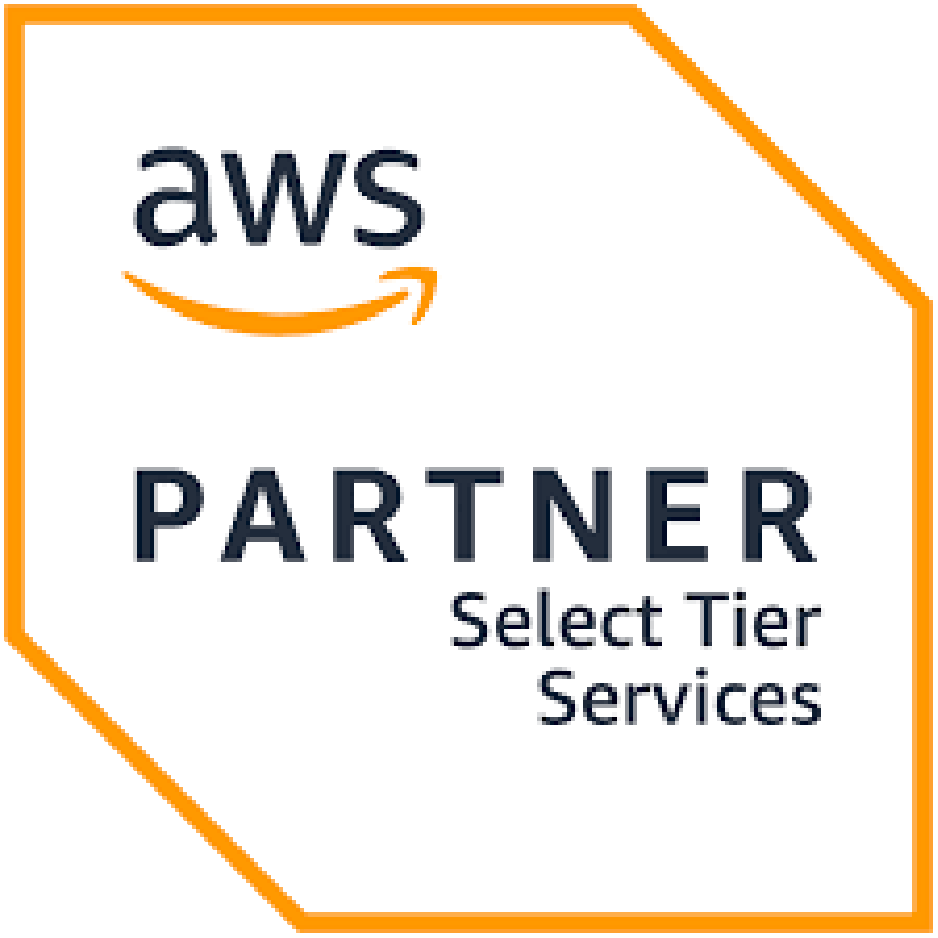Finding the Right Fit (Not Just the Right CV)
When to comes to finding new team members, technical skills and experience are only part of the story. The other part—the more important part—is how people work together. That’s why, as part of our recruitment process, we use personality profiling.
Building Stronger Teams
Software development is a collaborative effort. No one works in isolation, and how a team communicates, problem-solves, and supports each other can make or break a project. By using personality profiles, we get insights into each candidate’s natural working style—whether they’re more detail-focused, people-oriented, results-driven, or steady and consistent. This doesn’t put people into boxes. Instead, it helps us understand how different strengths can complement each other to create well-rounded teams.
Setting Candidates Up for Success
Recruitment isn’t just about whether someone can do the job. It’s about whether they’ll thrive in it. By looking at personality profiles, we can identify the kinds of environments and roles where a candidate is most likely to succeed. For example, someone who thrives on structure might struggle in a fast-changing, experimental R&D project. On the other hand, someone who loves big-picture thinking might not enjoy a role requiring meticulous attention to detail every single day.
Personality profiles help us place people in positions where they’ll feel challenged in the right way and supported to do their best work.
Protecting Our Team Culture
At HutSix, we’ve worked hard to build a collaborative, encouraging, and flexible team culture. Bringing in new people is about more than filling a skills gap—it’s about making sure the dynamics of the team stay strong. Personality profiling gives us another layer of information to help maintain that balance. It helps us avoid a mismatch that could disrupt the flow of communication or create unnecessary tension.
The Little Things Matter Too
Beyond personality profiles, we also look for the small signs that someone is genuinely committed. Things like following the instructions in the job ad: yes, that means emailing us (hint, hint) instead of hitting “apply now” somewhere else, to show us that a candidate pays attention to detail and can follow process.
We also ask applicants to complete a short technical test covering AWS, Docker, and PHP. The test isn’t about passing or failing. It’s not a barrier to entry. What it does show us is whether someone is willing to put in the effort. For us, it’s less about the score and more about the attitude.
Supporting Growth Beyond Recruitment
We use the insights to guide onboarding, team-building, and even career development. It’s a tool that helps us communicate better with each other, resolve conflicts more effectively, and lean into each person’s strengths.
Why It Matters
At the end of the day, our goal is simple: to build a team that delivers outstanding work while enjoying the process of getting there. By using DISC personality profiles—and by paying attention to those small but telling details—we give ourselves the best chance of finding the right people, setting them up for success, and protecting the culture we’ve built.
Because when the team works well together, everything else flows.



